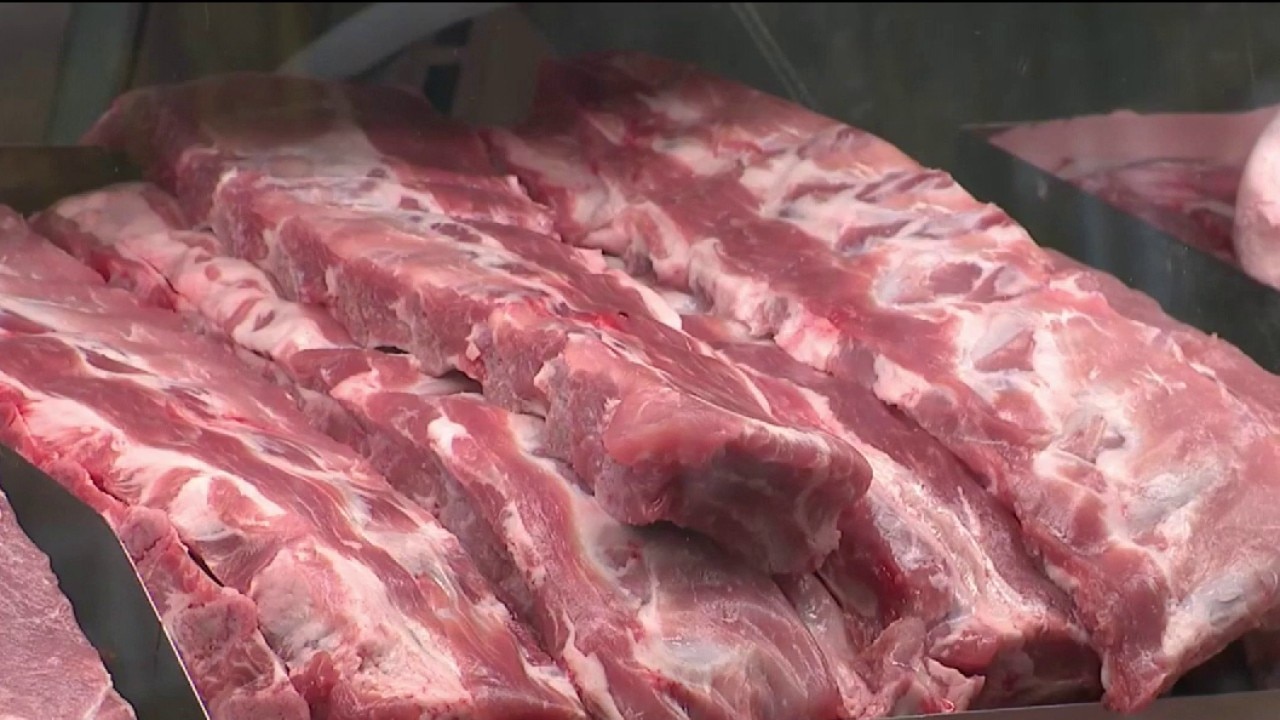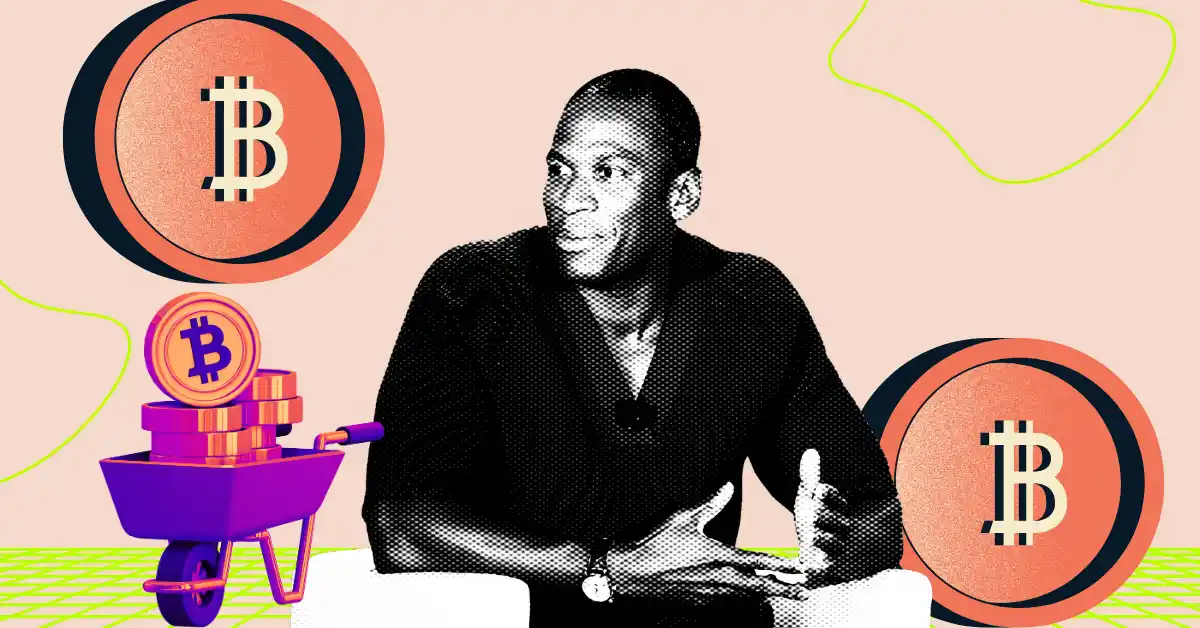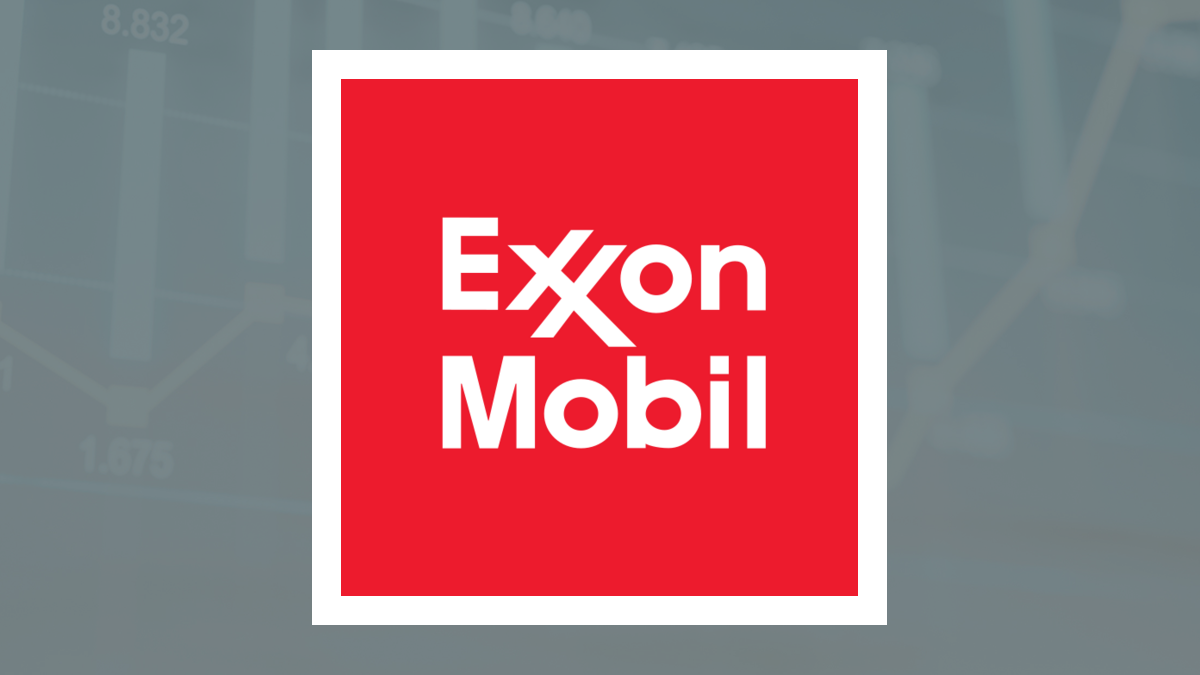A federal judge has mandated that Ilya Sutskever, co-founder of OpenAI, disclose a significant document known as the “Brockman memo.” This order comes amid the ongoing legal dispute initiated by Elon Musk, who alleges a breach of charitable trust by OpenAI as it transitioned from a nonprofit to a for-profit entity. The memo, authored by fellow co-founder Greg Brockman, reportedly contains details surrounding the brief ouster of CEO Sam Altman in 2023 and raises critical questions about the organization’s governance and safety priorities.
Musk’s lawsuit, filed in March 2024, accuses OpenAI of abandoning its foundational mission to benefit humanity in favor of profit, particularly through its partnerships with Microsoft. The court order, issued from a federal court in Northern California, requires Sutskever, who left OpenAI in 2024 to pursue his own AI safety venture, to provide the document. Musk’s legal team argues that the memo could reveal the extent to which commercial interests have allegedly overshadowed ethical considerations at OpenAI.
Unpacking the Brockman Memo
The Brockman memo has emerged as a central element in the lawsuit, with insiders suggesting it may shed light on the board’s decision to temporarily remove Altman, only to reinstate him days later following significant employee backlash. According to a report from The Information, the judge’s ruling underscores the memo’s potential to support claims that Altman compromised safety protocols for business objectives. Sutskever, previously OpenAI’s chief scientist and a key player in Altman’s ouster, has largely refrained from public comment since his departure.
The memo’s reportedly self-deleting nature, as discussed in posts on X (formerly Twitter), raises further concerns about efforts to conceal sensitive information. This characteristic suggests a deliberate attempt to shield crucial discussions from outside scrutiny, especially regarding the internal dynamics during a tumultuous time for the organization.
Legal Proceedings and Wider Implications
In conjunction with the judge’s order, the court has also required the deposition of former Chief Technology Officer Mira Murati, who briefly served as interim CEO during the upheaval in 2023. Musk’s legal team seeks her testimony on whether Altman’s leadership decisions compromised safety in favor of commercial expediency, as reported by The Information. This inquiry extends to OpenAI’s evolving corporate structure, which includes efforts to function as a public benefit corporation while retaining a nonprofit arm.
The stakes of the lawsuit are considerable. Musk has accused OpenAI of transforming into a “de facto subsidiary” of Microsoft, fueled by substantial investments. In response, OpenAI has countered Musk’s claims, highlighting a blog post on its own platform that notes Musk’s previous support for a for-profit model prior to his exit in 2018. Initially, Musk invested millions with the expectation that OpenAI would focus on open-source AI development, but now he asserts that the company has strayed from those principles.
As scrutiny of AI governance intensifies across the industry, the implications of the Brockman memo could reverberate beyond this legal battle. Should it reveal deficiencies in safety oversight, it could amplify calls for stricter regulations, particularly as OpenAI’s valuation exceeds $150 billion. Additionally, Musk’s other ventures, such as xAI, introduce a competitive dimension, with his lawsuit aiming to impede OpenAI’s transition to a for-profit model.
The ongoing legal conflicts underline the mounting pressure on OpenAI to justify its mission and operational choices. A recent article from the New York Times indicated that OpenAI has requested the court to prevent Musk from continuing what it describes as “unfair attacks,” reflecting the contentious nature of their dispute. With Sutskever’s forthcoming disclosure, further revelations may emerge, potentially reshaping the narrative around OpenAI’s commitment to ethical AI development.
As the legal proceedings unfold, the case serves as a pivotal moment for the future of AI governance, highlighting the challenges of balancing innovation with accountability. The Brockman memo, a key piece in this intricate puzzle, may ultimately influence public perception and regulatory frameworks as the industry navigates an increasingly complex landscape.







